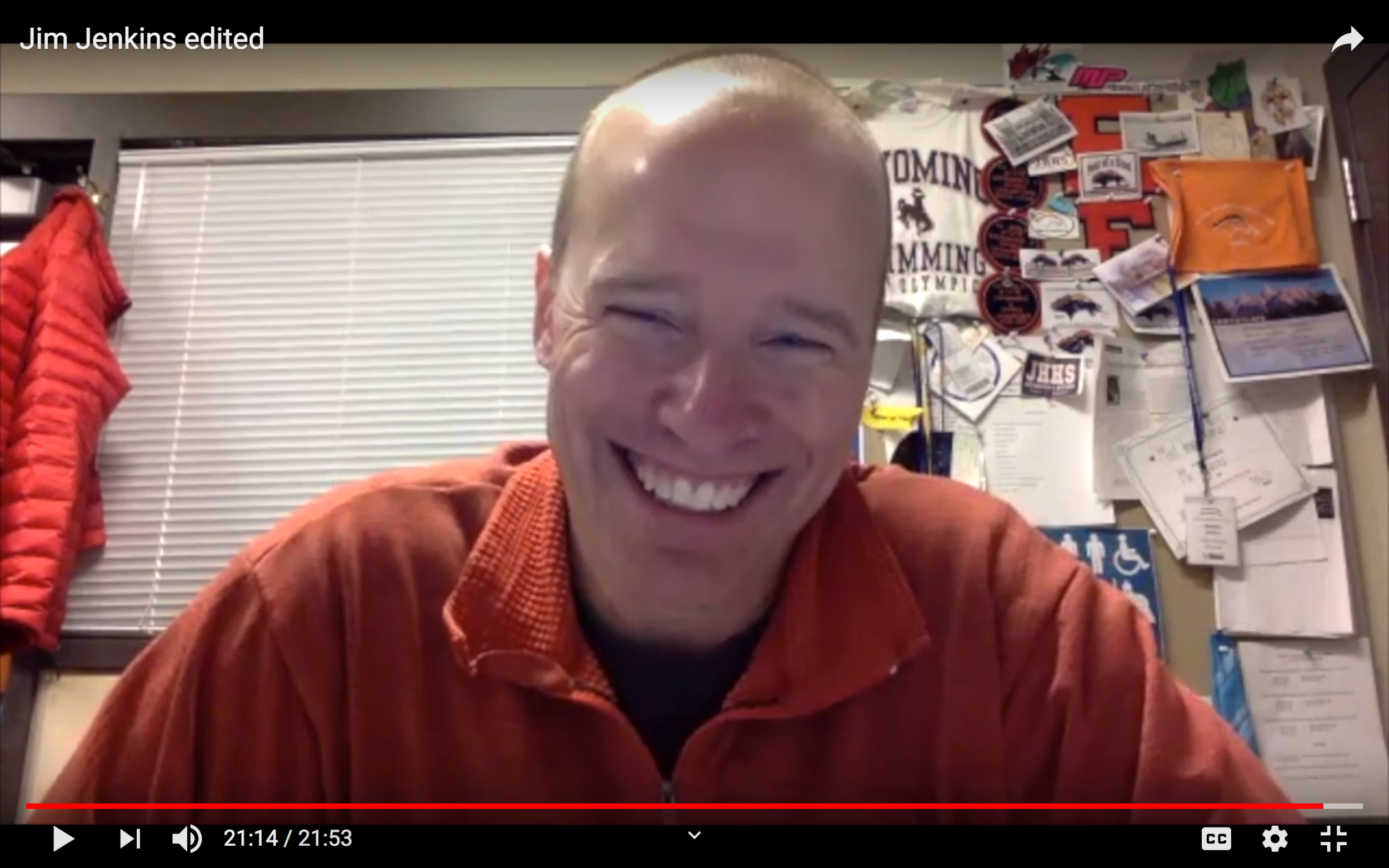
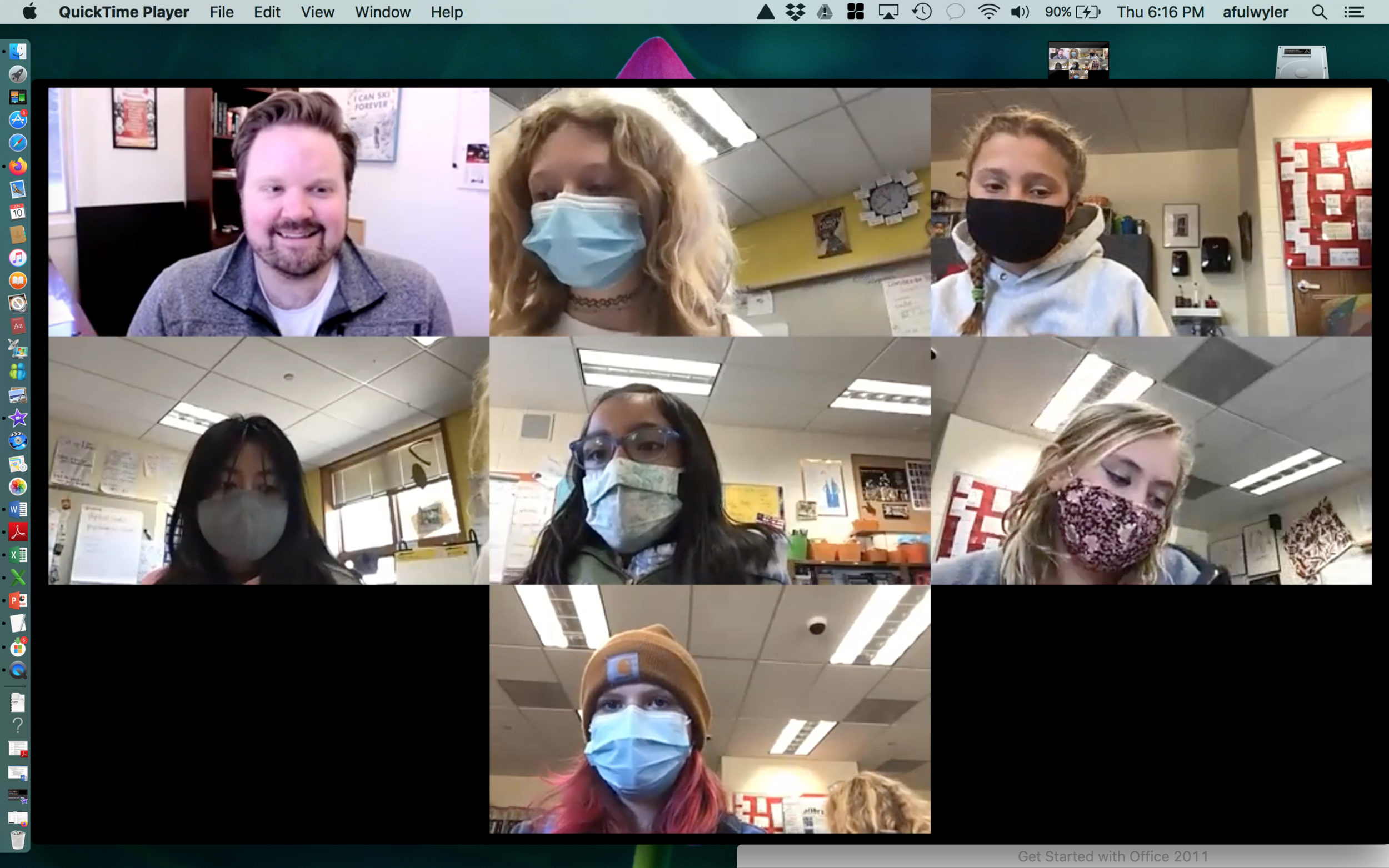
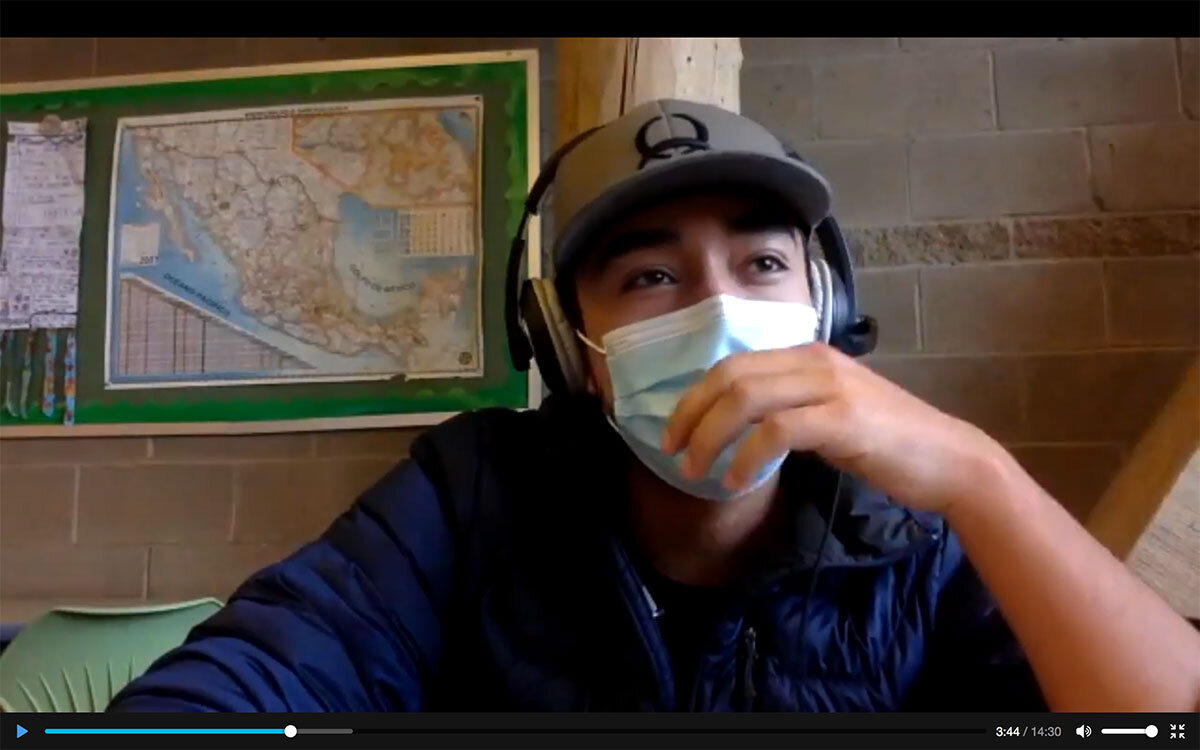
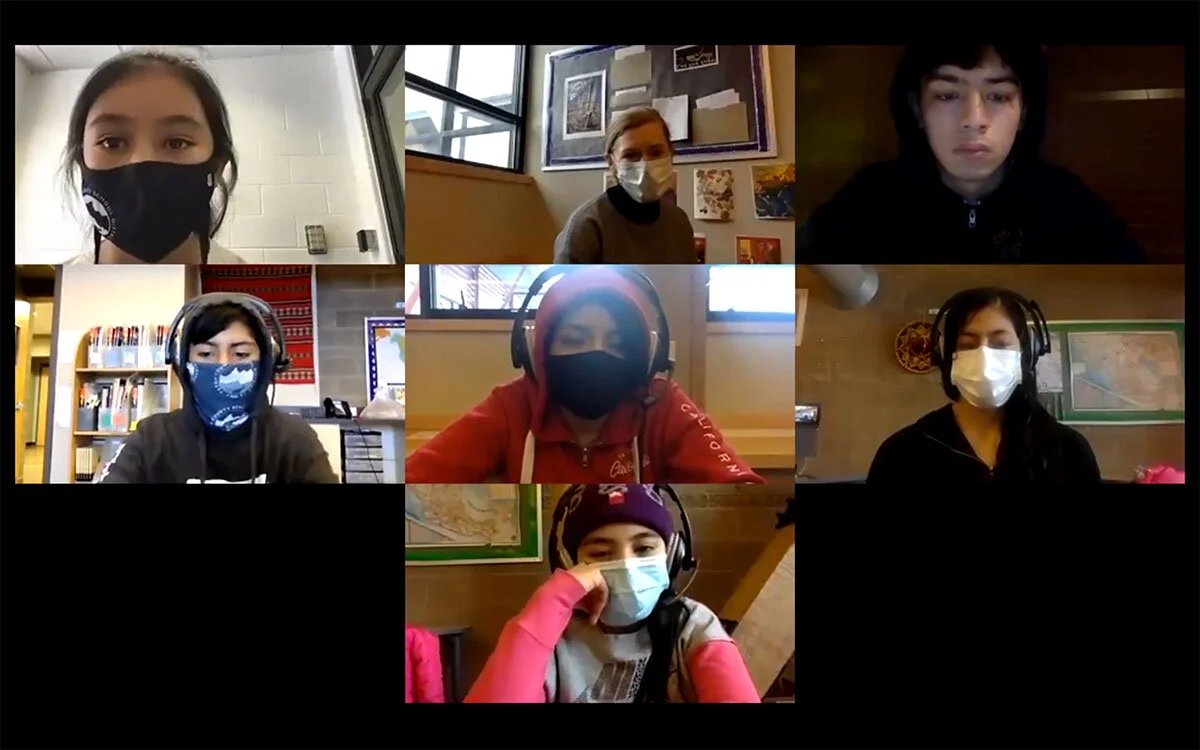
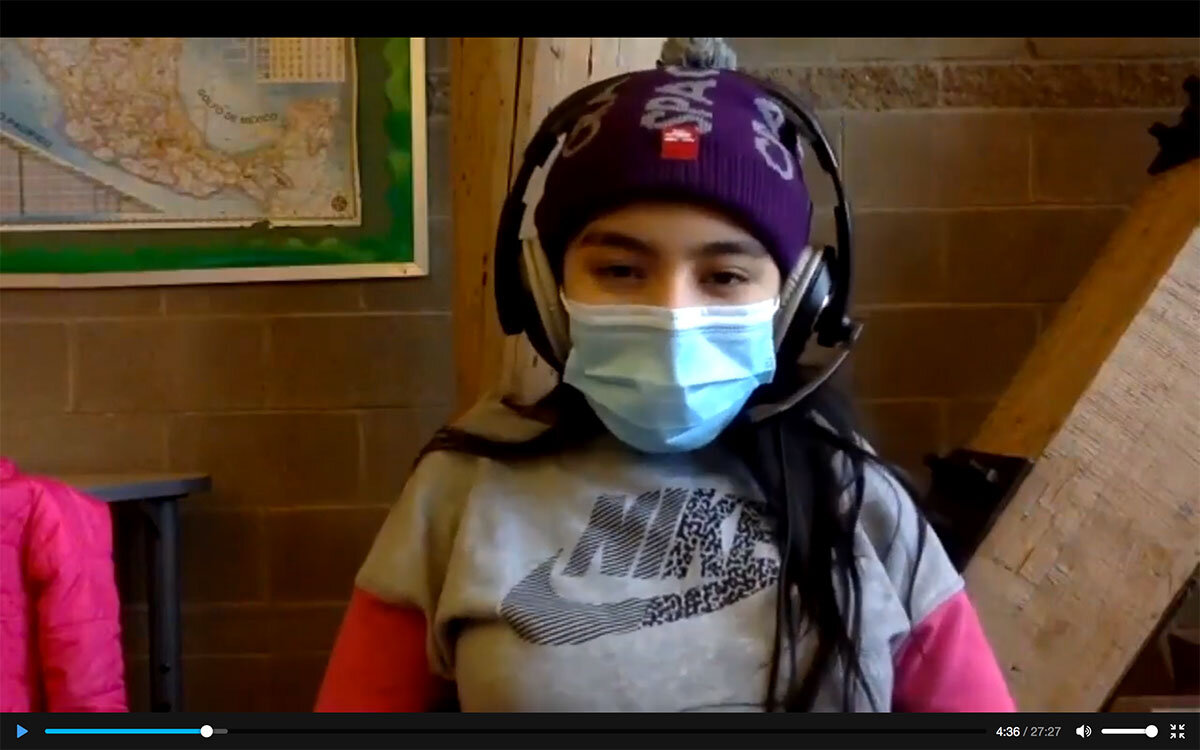
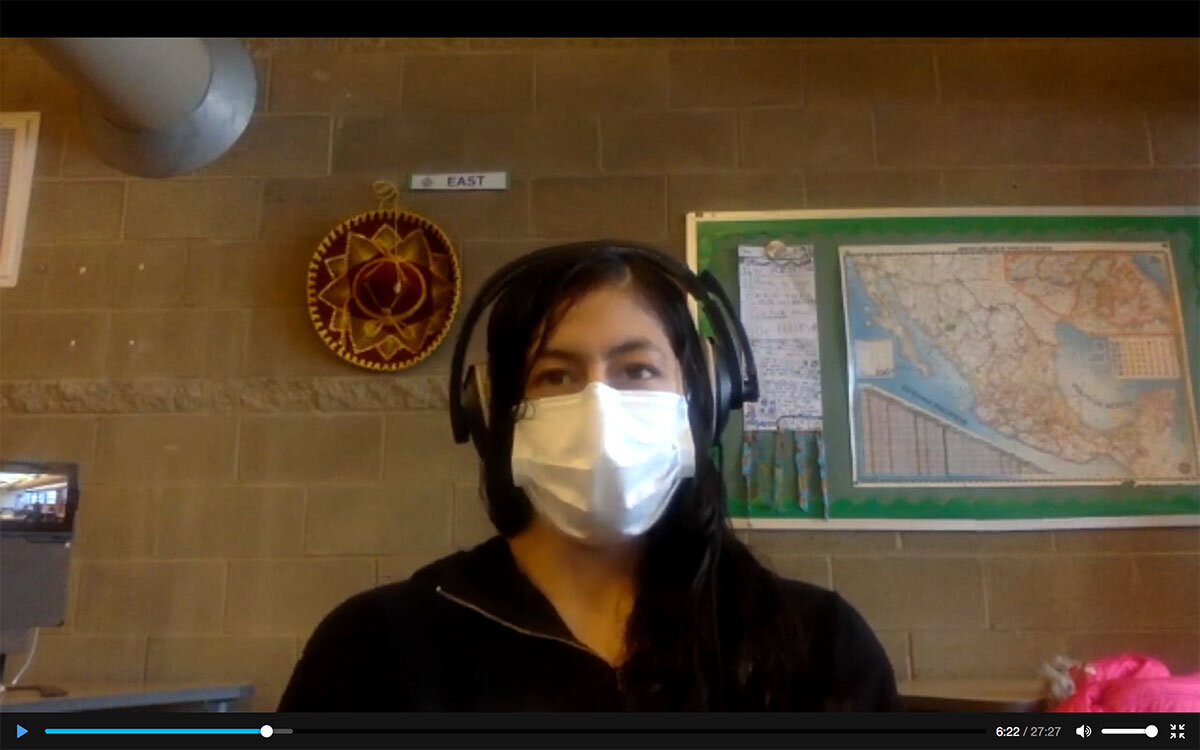

ADDRESSING Videos
Power and Privilege come from different aspects of our identity. At different times and for different reasons we find ourselves ADDRESSING adversity. ADDRESSING asks us to consider how Age, Different physical abilities, Different mental abilities & mental health states, Religion, Ethnicity & Race, Socio-Economic Class, Sexual Orientation, Indigenous Status, Nation of origin, and Gender influence our lives and the lives of others. In the videos below, our guests answer the essential question, How do we address issues of power and privilege in order to face and overcome adversity?
The Questions:
Will you share the experience that led you to understand that you were dealing with ____?
That led you to understand the power and privilege held by _____?
What was your initial response?
How did you shift in order to better understand this situation?
Looking back, what do you now understand about the power dynamics of this situation?
What would you tell your younger self?
What advice do you have for people today?
Andrew Munz
In the spring of 2021, 6th grade Language Arts students interviewed local community member Andrew Munz about gender identity, sexual orientation, and his local activism in Jackson, Wyoming. Andrew shared how theater and humor helped him to overcome the adversity he faced.
ADDRESSING
Sexual Orientation using Theaters, Arts, and Humor
Jim Jenkins
6th-grade students studying childhood trauma interviewed Jim Jenkins about his experiences with child abuse and neglect. They learned about the strategies that he used to face and overcome this adversity. They also learned about the power of positive self-talk and creating a support network. Mr. Jenkins also teaches at JHHS, so students feel more confident about their upcoming transition to high school.
ADDRESSING
Child Abuse using Positive Self-Talk and Help from others
“I can be proud of myself even if my life is hard. I should be proud of myself because my life is hard.”
— Kevin & Sofie after Jim Jenkins’ interview
Darrell Siggers
6th-grade AVID students interviewed Darrell Siggers to find out how someone who was wrongfully incarcerated for 34 years could develop a positive, growth mindset. They wondered, How do you create a positive mindset when your circumstances are unfair? They heard first-hand how he used his time in prison to become “better, not bitter” and why he values being educated. Angel, Alex, and Andrew brought Darrell Siggers to Jackson as part of their 7th-grade Combat the Silence project. He has been a friend and mentor to Jackson Hole students ever since.
ADDRESSING
Classism, Racism, and Wrongful Incarceration through Positive Self-Talk & Education
Sara Martinez & JHHS Newcomers
This 6th-grade student interviewed a group of JHHS students who had just immigrated to America. She learned about what pushed them from their home countries and what pulled them to America. She came away from the interview with a greater understanding of the complexities of immigration and empathy for all immigrants. The JHHS students shared their stories with amazing vulnerability and honesty. This interview is not to be missed.
ADDRESSING
Immigration & Nations of Origin through Friendship & Help
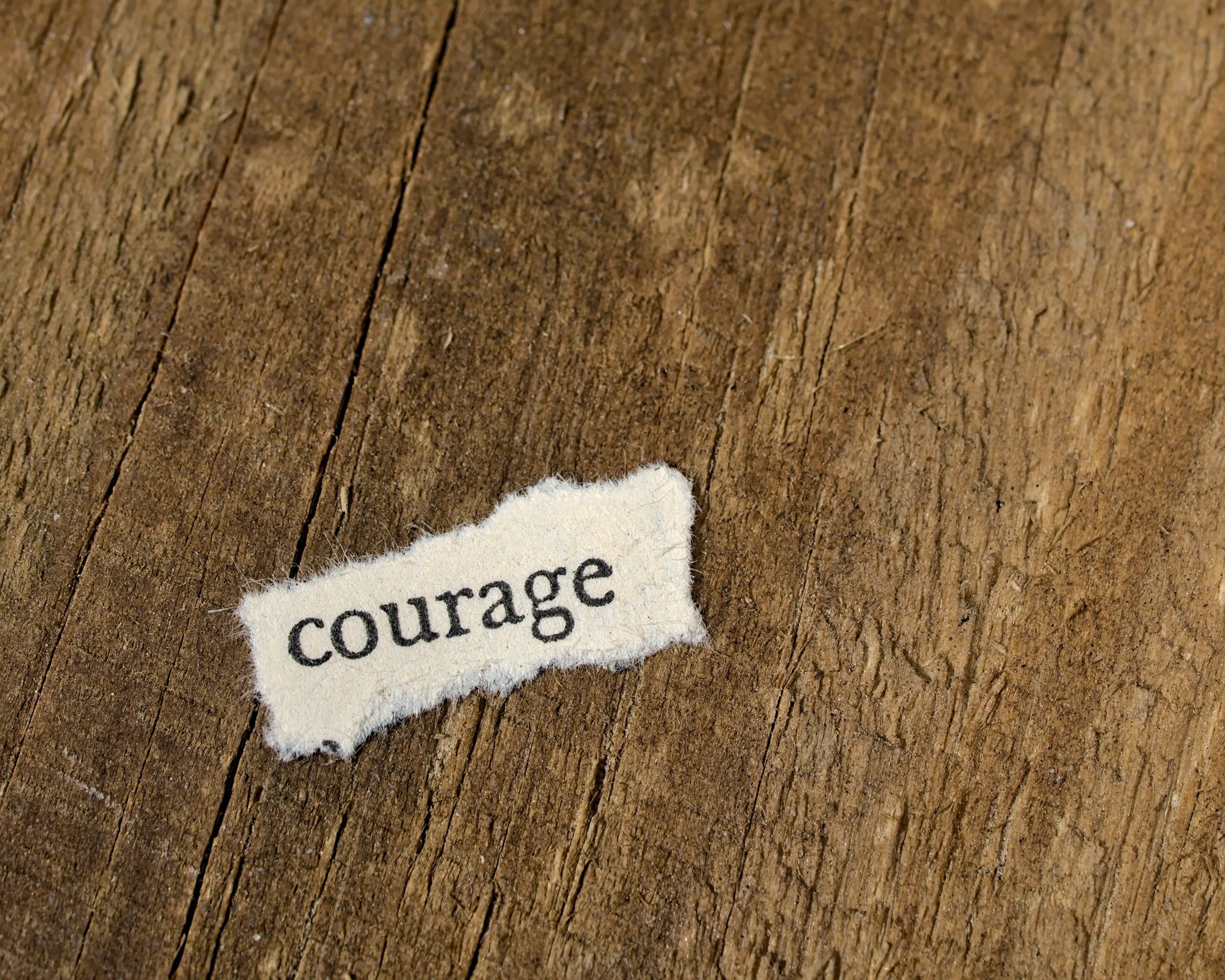
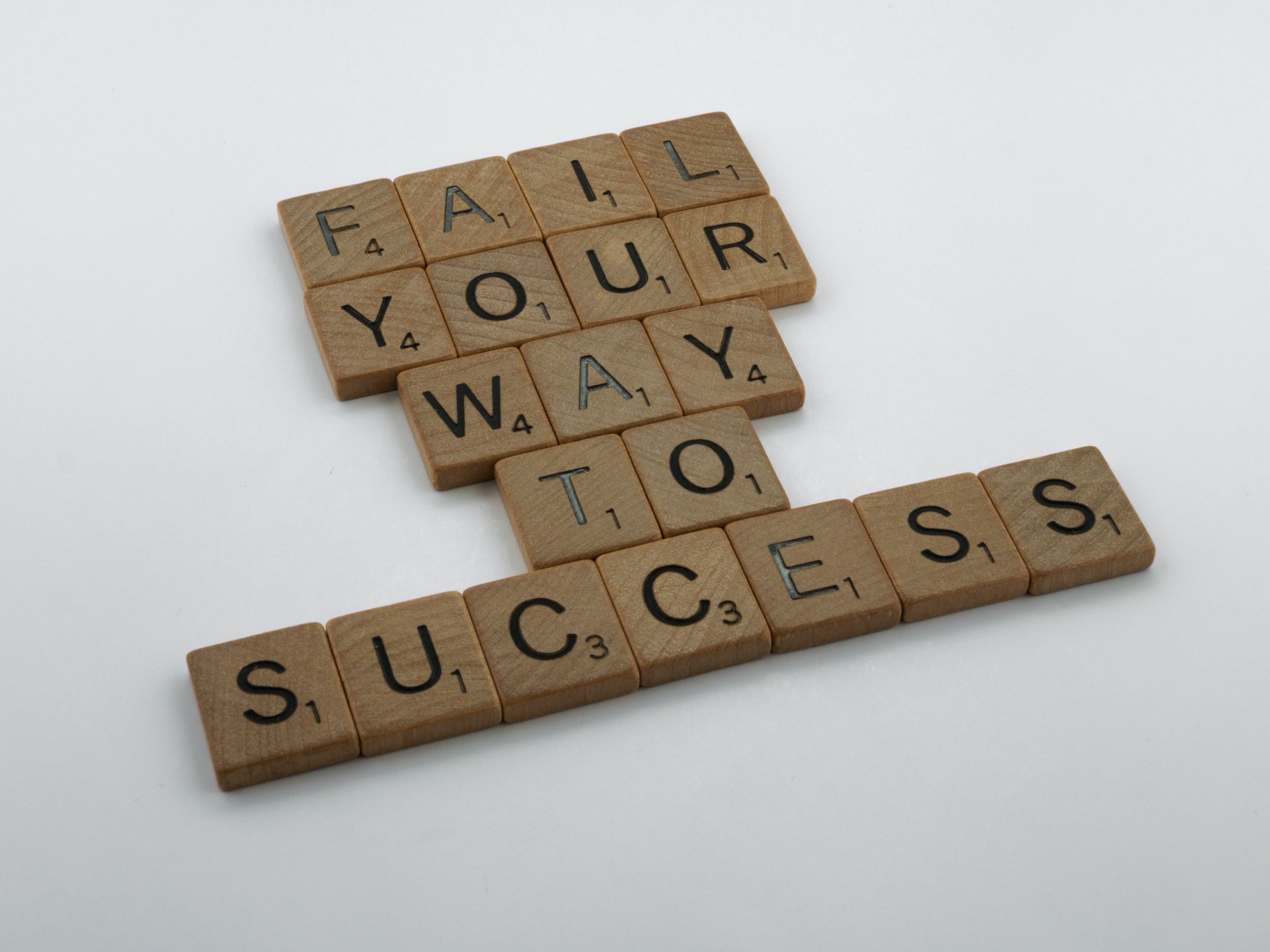
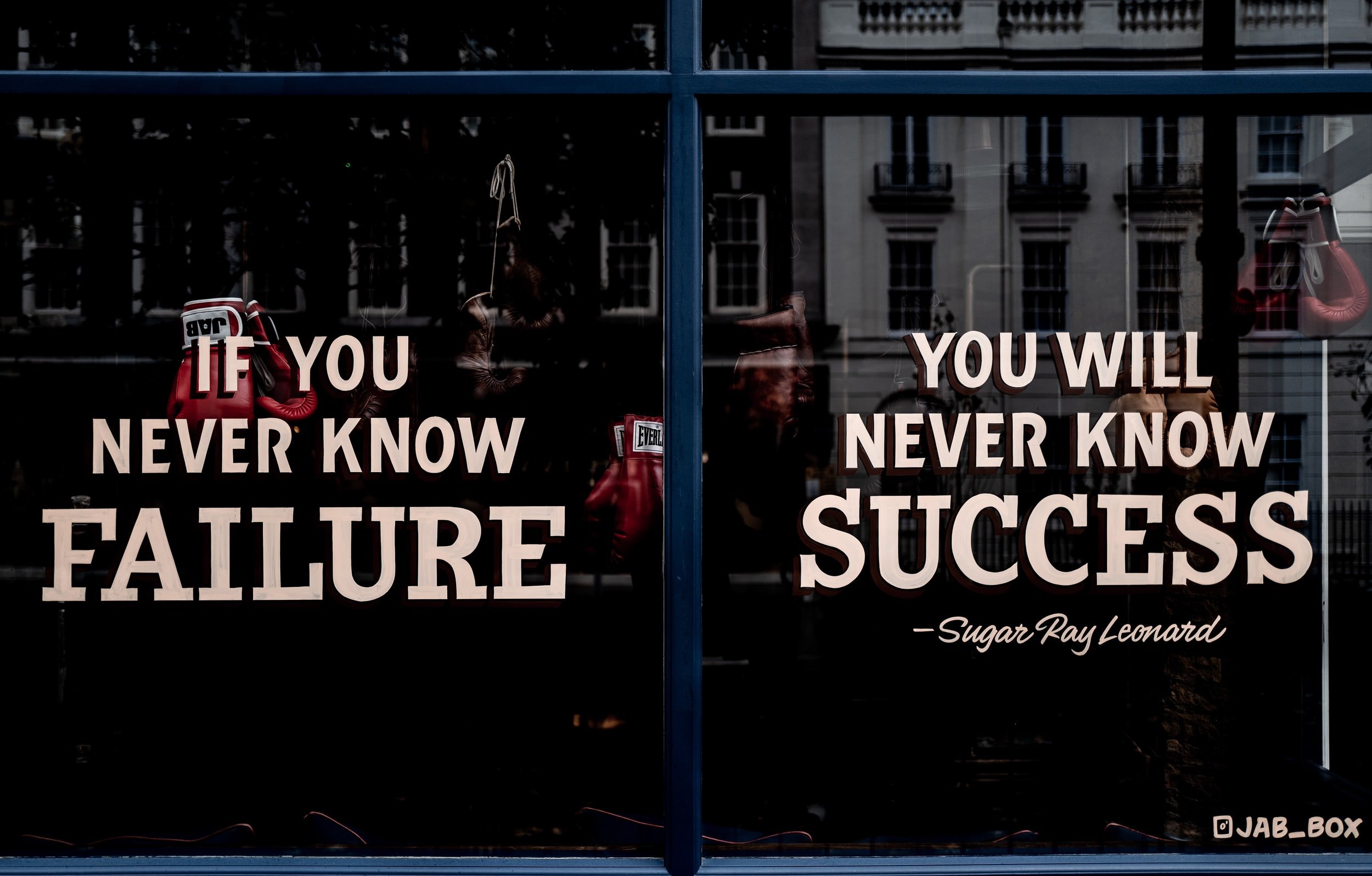
FAILing Forward Videos
In these interviews, we are going to talk about failing. The first attempt at something usually results in a ‘failure’ in the traditional sense but in reality, became an experience of great learning and opportunity. There is a difference between FAILing and failing. When we FAIL, we recognize that it is our First Attempt In Learning. Research related to motivational and growth mindset focuses on what we do with failure. When we can shift from failing to FAILing, we have redefined FAILure rather than being defined by failure. We call this FAILing Forward. In the videos below, our guests answer the essential question, How do we normalize & celebrate FAILing in order to cultivate a growth mindset? How can we learn from the FAILures of other people?
The Questions:
Will you share a time you FAILed?
Initially, what did you make this moment mean?
How did you shift this from a failure to an opportunity to FAIL forward?
Looking back, what do you now understand about this situation?
What learning do you carry with you today? What benefit came from this FAILure?
What would you like to FAIL at next?
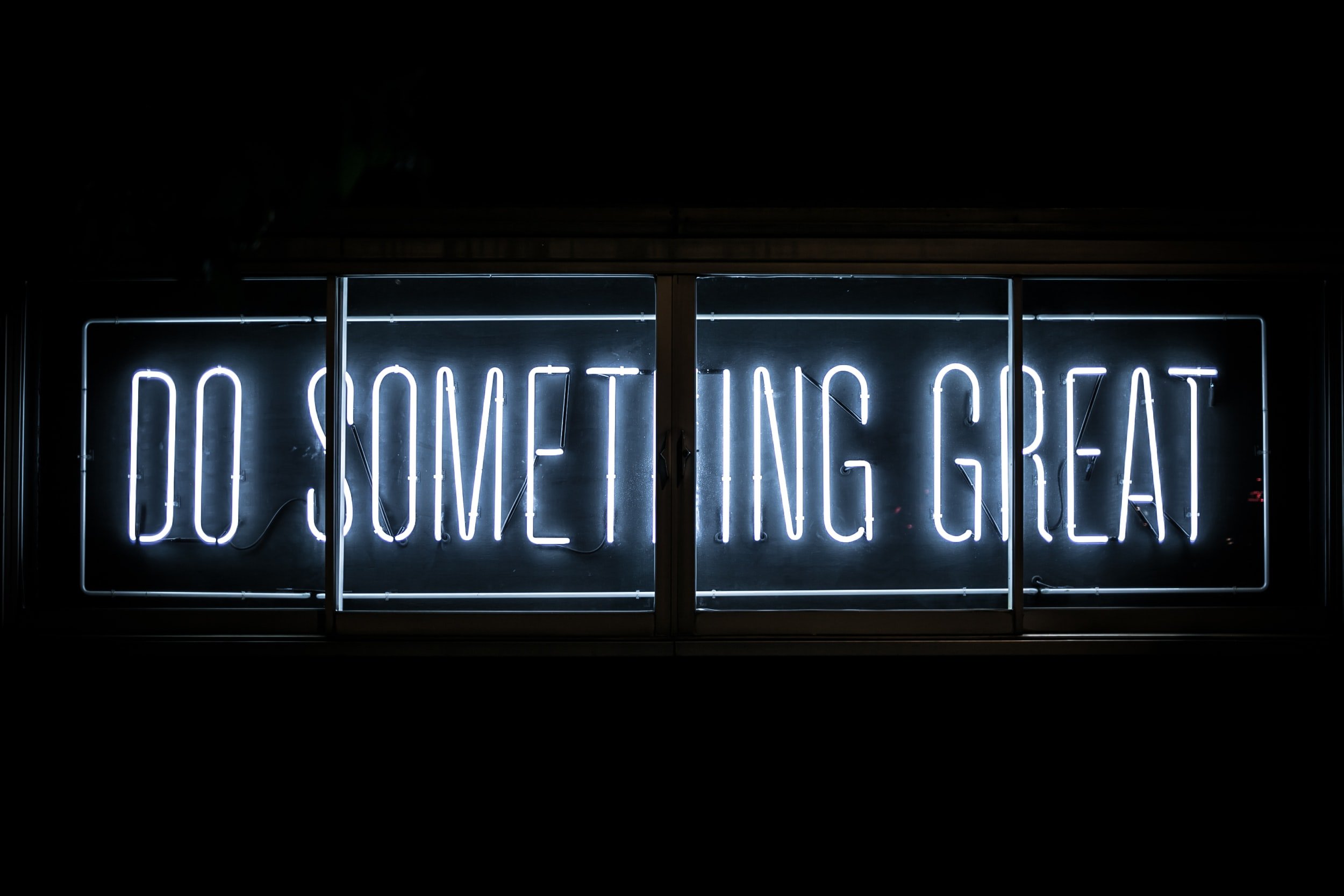

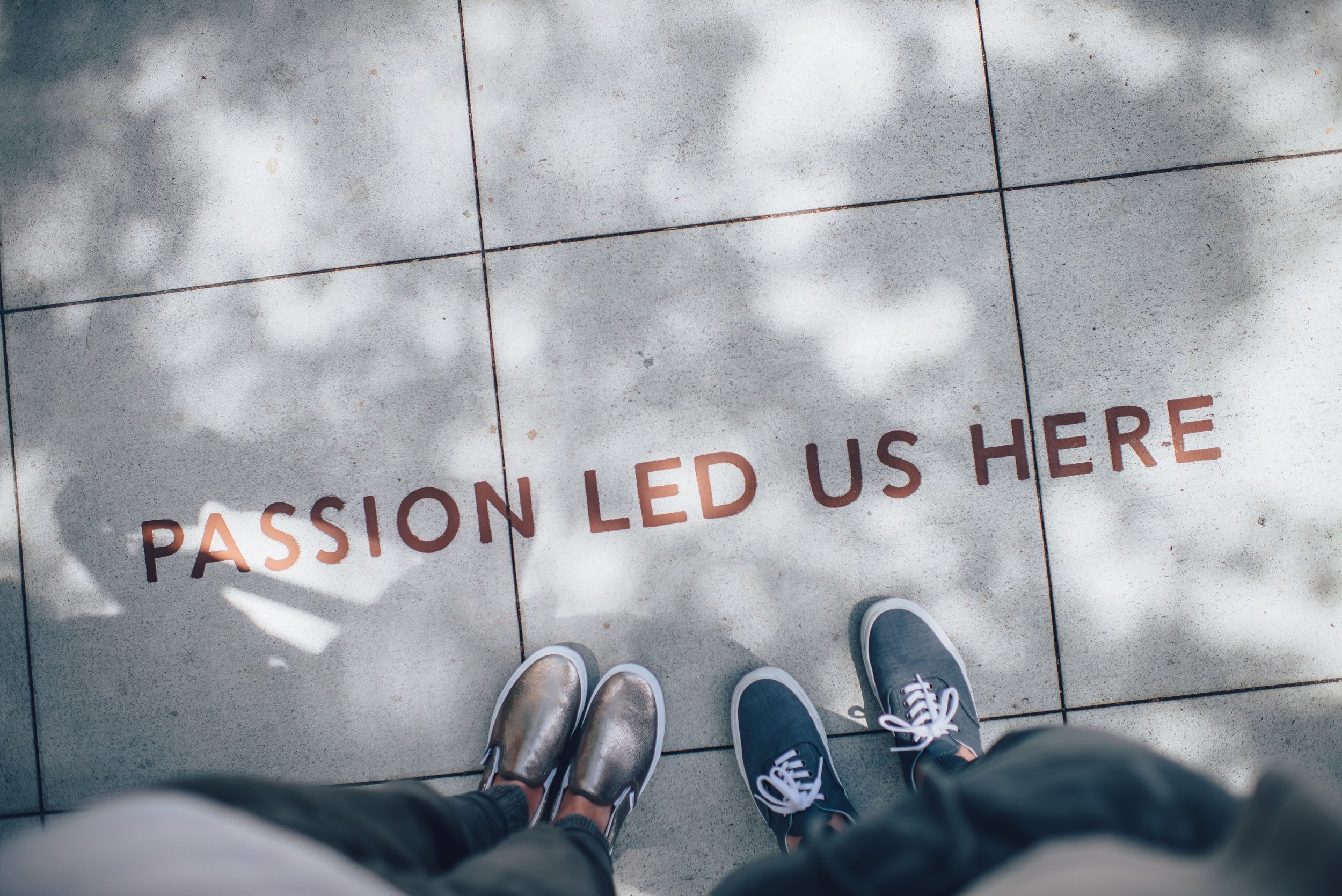
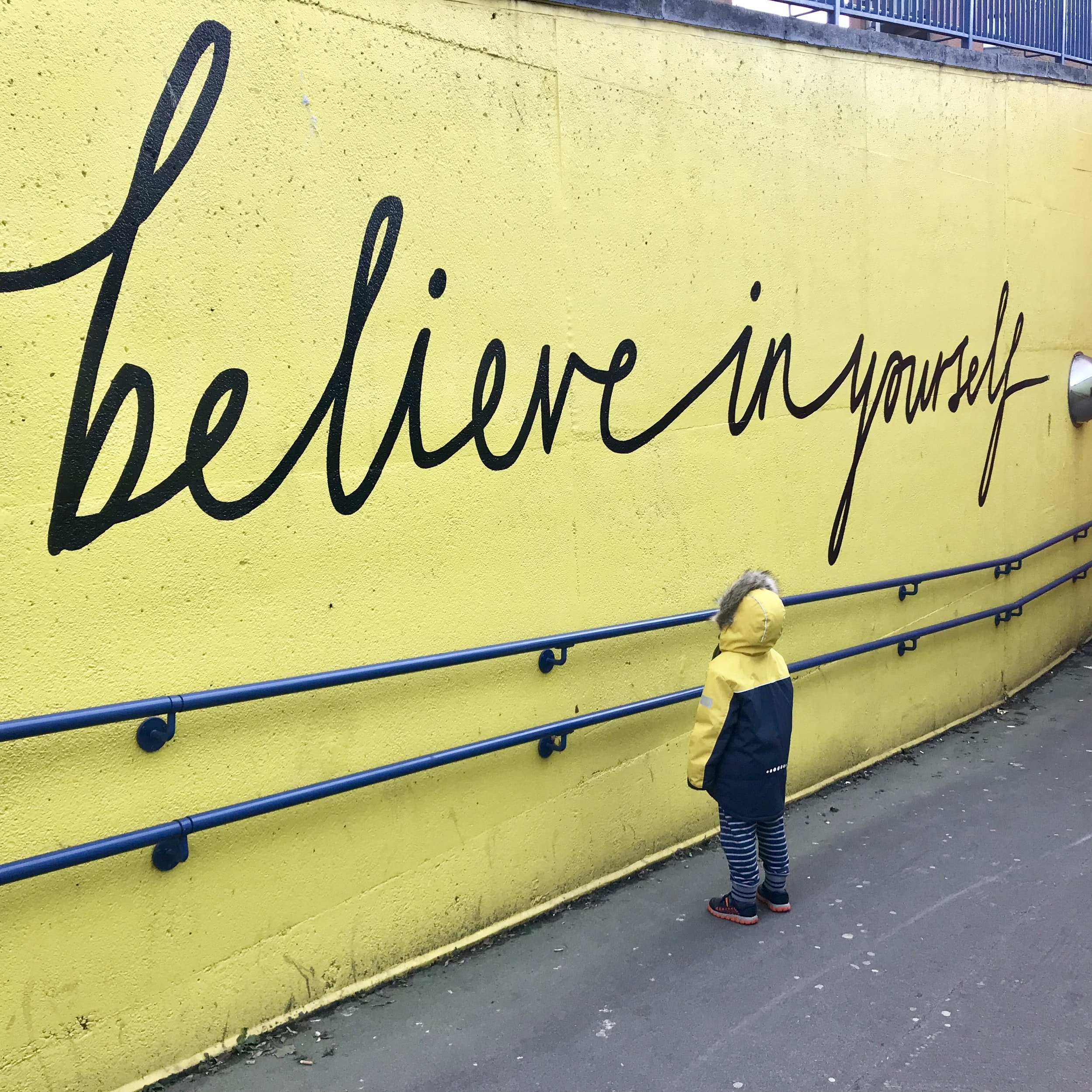
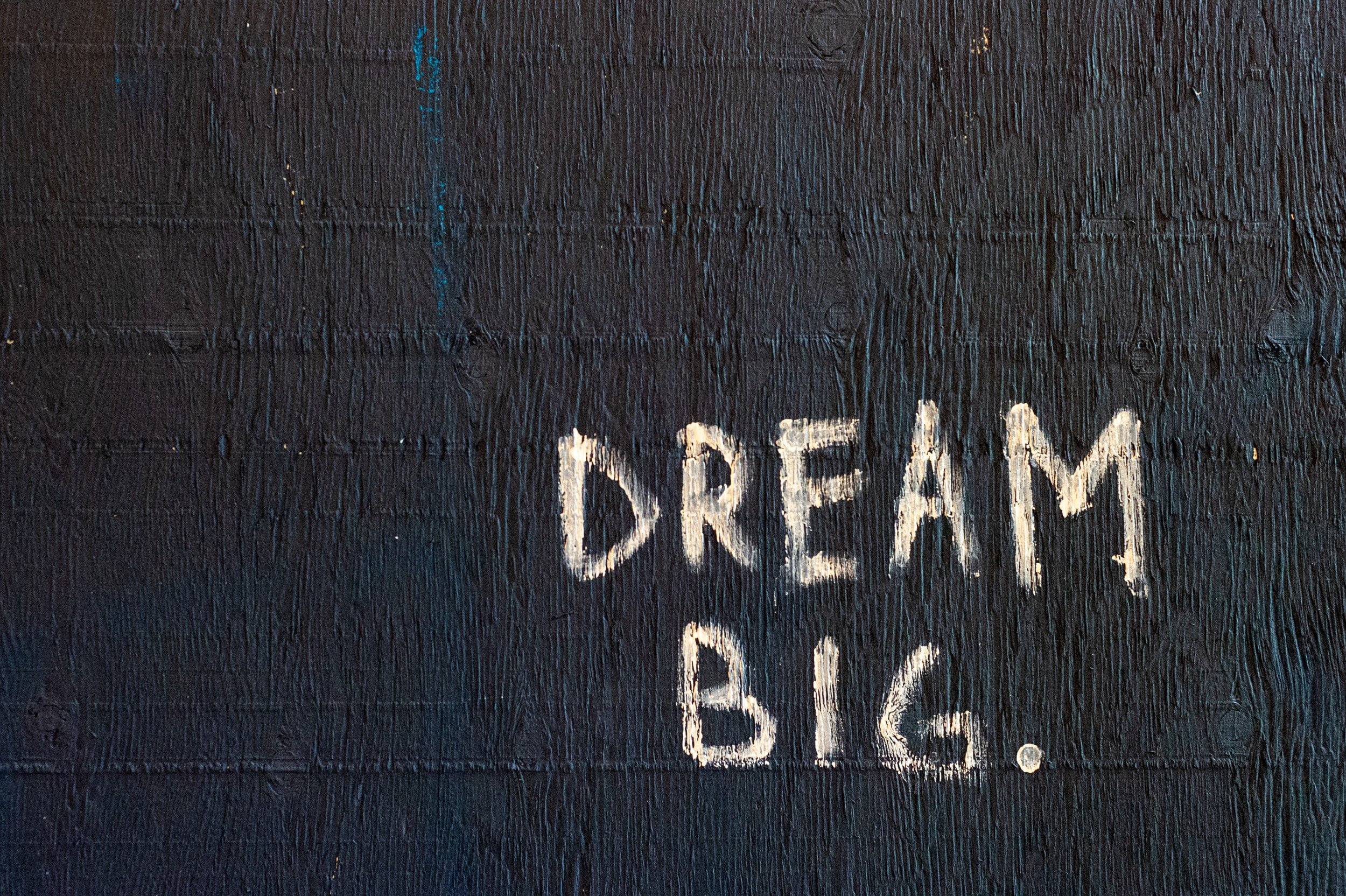
Career Exploration Videos
Career exploration makes school more relevant. Future-focused students use interviews to attain a glimpse into their dream futures. These interviews help us all learn more about different careers. We also hear about the life journeys of the adults in our community. Learning from the professionals in our communities will help us make decisions, consider different options, and create a support network to help us succeed. In the videos below, our guests offer us the opportunity to consider the essential question, How does hearing from experts in the field help us make decisions about our next steps?
The Questions:
When did you know that you wanted to be ____________?
What was your motivation to become a ____?
What about this career interested you? Is this still the case? What keeps your interest alive?
What was your journey to becoming _______?
Looking back, what would you do the same? differently?
What advice do you have for someone starting off in this career?
If money was no object, would you continue in this career? If not, what would you do?


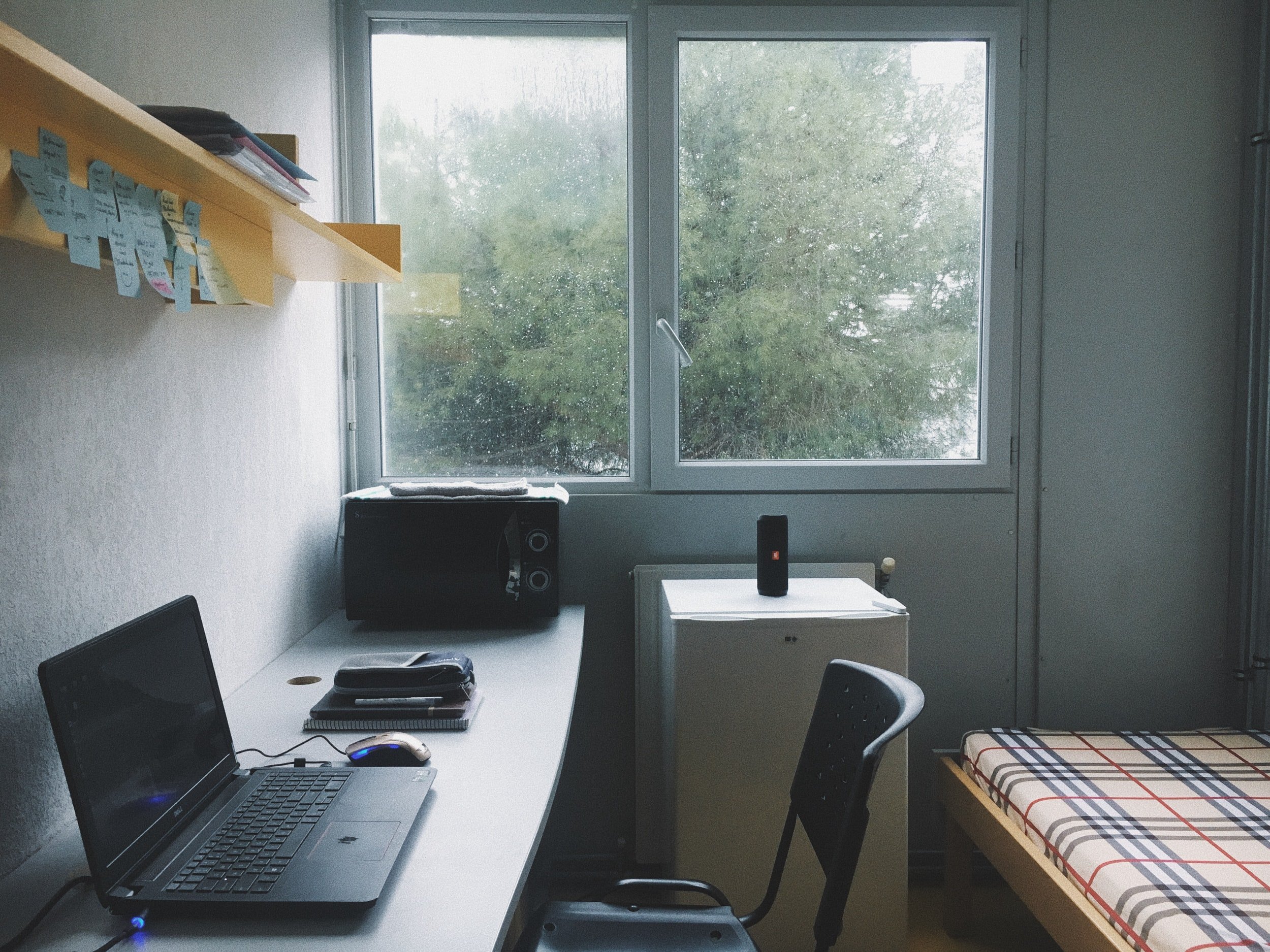


College Exploration Videos
College exploration also makes middle and high school more relevant. In these interviews, we talked to current college students and alumni to learn more about their choices about where and when to go to college and their life journeys. These interviews might help us in making decisions about our lives and our educations. In the videos below, our guests offer us the opportunity to consider the essential question, How does hearing from alumni help us make decisions about our next steps?
The Questions:
Did you choose ____ or did it choose you? What made the decision for you to go to ____?
What was academic life like at ____?
What was the social life like at ____?
If you had it all to do over again, what would you do the same? What would you do differently?
As an alumni, what makes you most proud of _____?
What advice would you give to a new student at ______?
What Students, Community Members, and Teachers Are Saying about The Interview Project:
“I learned that even when facing a lot of adversity… you can still do anything if you put your mind to it.”
— Kevin & Sofie after Jim Jenkins’ interview
“I can be proud of myself even if my life is hard. I should be proud of myself because my life is hard.”
— Kevin & Sofie after Jim Jenkins’ interview
“I was shocked that students cared about this at all. I was impressed at their ability to have hard conversations.”
— Jim Jenkins
“The interviews have had a beautiful impact on the students. Honestly, I was stunned. The students feel connected to both Jim and Andrew and speak about the interviews with such pride. Their research papers were stronger because of the conversations. But more importantly, they feel more connected to their community now. They feel like they have someone new in their corners. They felt so special. Other students are begging to be involved.”
— Michelle Rooks, classroom teacher
“My eyes opened that when you’re an author, you have to try multiple times because it probably won’t be perfect the first time. If you have to revise, you are on the right track. This will help me in the future to motivate me to start writing more no matter how hard it is. I want to tell my story.”
— Student after the Andrew Munz interview
“My eyes were opened when he said that he was really proud of being gay! He just said it. He said no matter who or what you are, you should love yourself. I needed to hear this. That kinda shifted my thinking to be more positive about myself and the world.”
— Student after Andrew Munz’s interview
As a teacher, it is a gift to have someone come in and provide something so meaningful for our students. It was so easy. To be honest, I didn’t expect that. THANK YOU!
— Beth Eastman, Teacher
